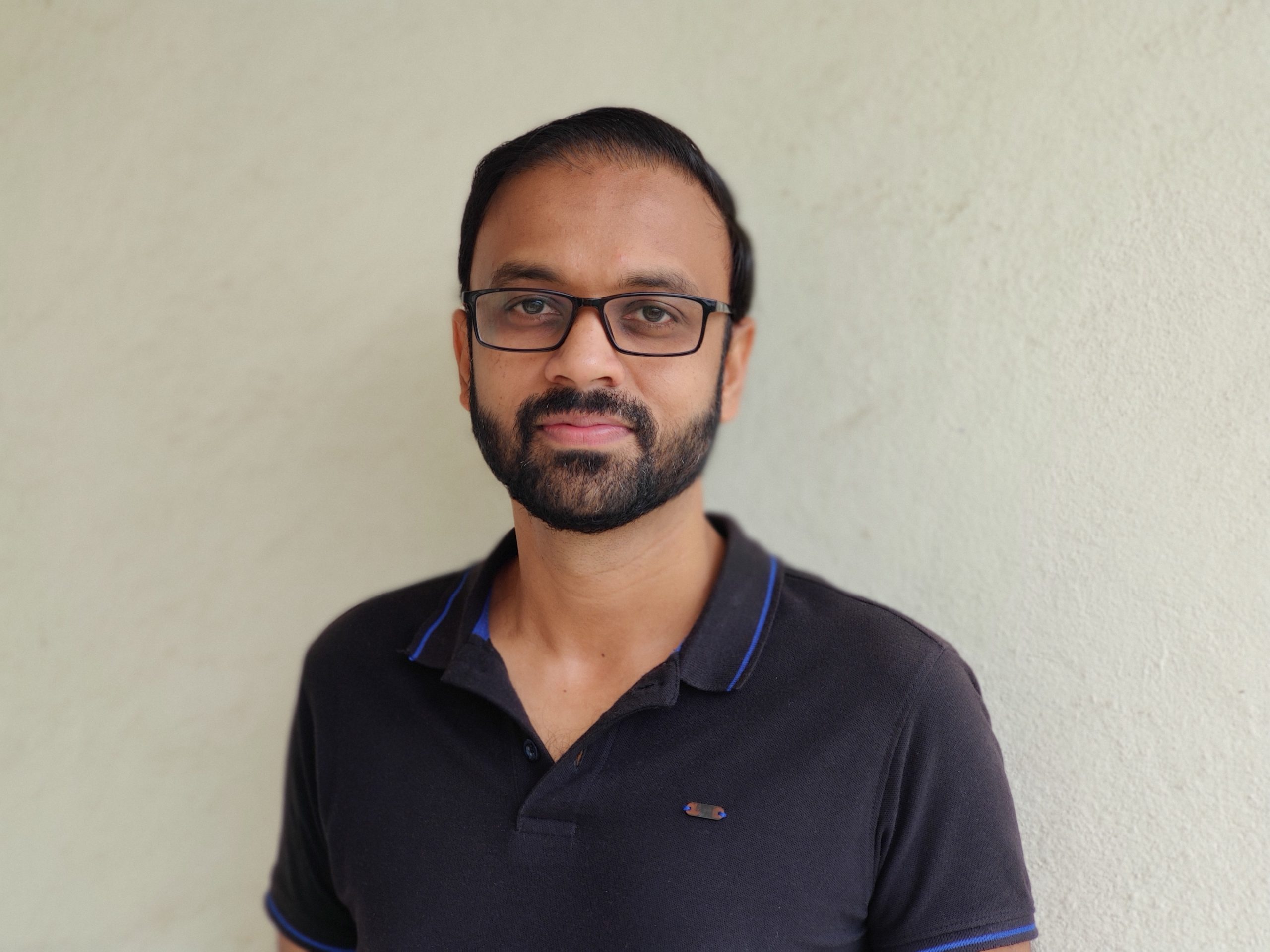Saurabh Saxena is a serial entrepreneur in the education space. In 2011, after he sold his first company, a physical tutoring institute called Lakshya, Saxena’s second proprietary stint was with Vedantu, a company that is currently valued at USD 600 million.
From 2012 to 2018, while running the live-tutoring app Vedantu, Saxena felt there was a need for a platform that could facilitate change in the current education system that largely focuses on a fixed curriculum and places a heavy emphasis on grades, at times sidelining the practical development of children.
As his conviction grew stronger, he left Vedantu to create a learning product for children, where they could be taught skills that can be used in the real world. In early 2019, Saxena started Uable, an edtech company that develops and hones life skills in children, such as critical thinking, creativity, collaboration, communication, and emotional management.
“Our entire education system is like a factory which puts children on a conveyor belt, and expects same kind of result out of everyone without considering their individual interest. The system is not designed to find out a child’s unique strength, skills, aptitude, and passion,” Saxena, founder and CEO of Uable, told KrASIA.
Role play
Fitting Saxena’s vision, Uable engages children from age six to 12 in role-playing projects and courses, where the kids imagine themselves as astronauts, detectives, authors, or scientists.
“One of the most exciting activities for kids is role-playing. While at the core of it, children do learn different concepts related to mathematics, literature, and science, we have completely replaced subjects with these role-playing activities,” Saxena said.

Uable has built a mobile and web app where kids can play-act in roles drawn from real world professions. For example, Saxena explained, the game designer course requires children to be creative, use critical thinking, and most importantly collaborate with their team members to build an actual computer program, with a facilitator who teaches them basic coding. The level of difficulty depends on the children’s ages.
“We have designed these programs such that while they play different games and collaborate with other children, they also learn basic principles of different subjects,” Saxena said.
The company conducts live as well as pre-recorded classes on its platform. Each live session has six students and is conducted on Zoom. Uable is in the process of making its own live teaching platform, which Saxena said should be ready in the next six months.
Each course runs for at least three months and carries a fee of INR 6,000 (USD 815). Uable hosts hour-long workshops for free. These serve as a preview; the goal is to get parents to sign their kids up for paid courses that run for three to six months. Saxena said Uable’s program improves children’s understanding of the subjects that they are already taught in schools, as the platform gives them an opportunity to implement theoretical concepts and solve real world problems.
Read this: India’s edtech market will be a USD 3.5 billion opportunity by 2022, report says
Category creation
While Uable didn’t share its tally for paying subscribers, the company claimed to have 25,000 signups for free workshops. However, Saxena said it’s not easy to convince parents to commit to a paid session. The most common question parents pose is, “What is the outcome of such a program?”
“We are trying to build a new learning model. It’s obviously a challenge. Parents definitely fall in the trap of mass learning and chasing grades. We are focusing on urban modern parents, who do understand schools are not enough as they don’t cater to real world skills,” he said.
Even though some parents may not be sold on the idea, investors are. The company raised USD 600,000 in its seed round led by 3One4 Capital, with participation from AL Trust and Inflection Ventures. “This category will need a lot of investment in brand building and make other parents understand what a product like this can do for their children. That is where we plan to invest for the next year and a half,” Saxena said.
Considering Uable’s niche status in India, the company plans to take its program to the US and Singapore by the end of this year. “We will test a few courses in these two markets, as we feel in addition to the urban Indian market, global markets will accept this product.”
This article is part of KrASIA’s “Startup Stories” series, where the writers of KrASIA speak with founders of tech companies in South and Southeast Asia.

